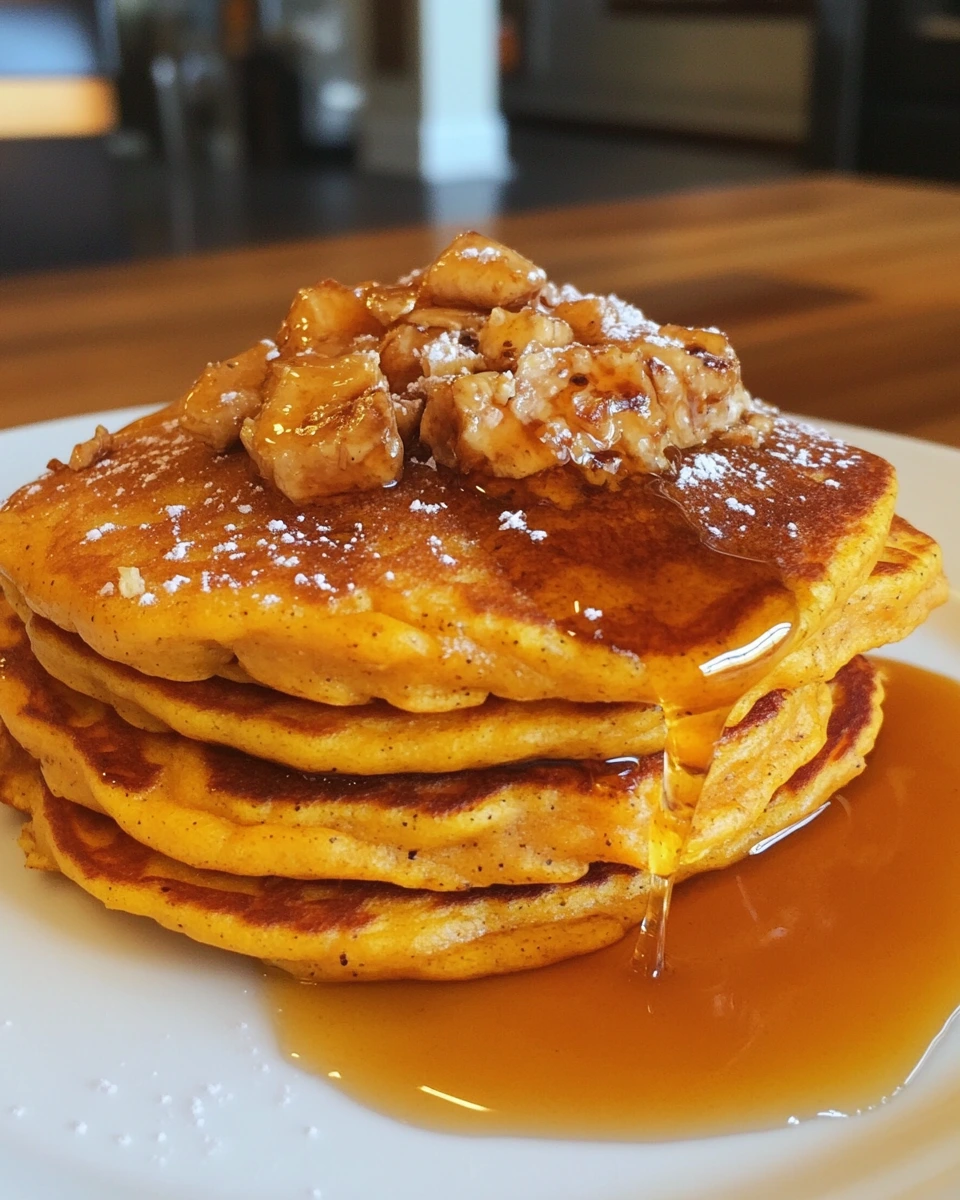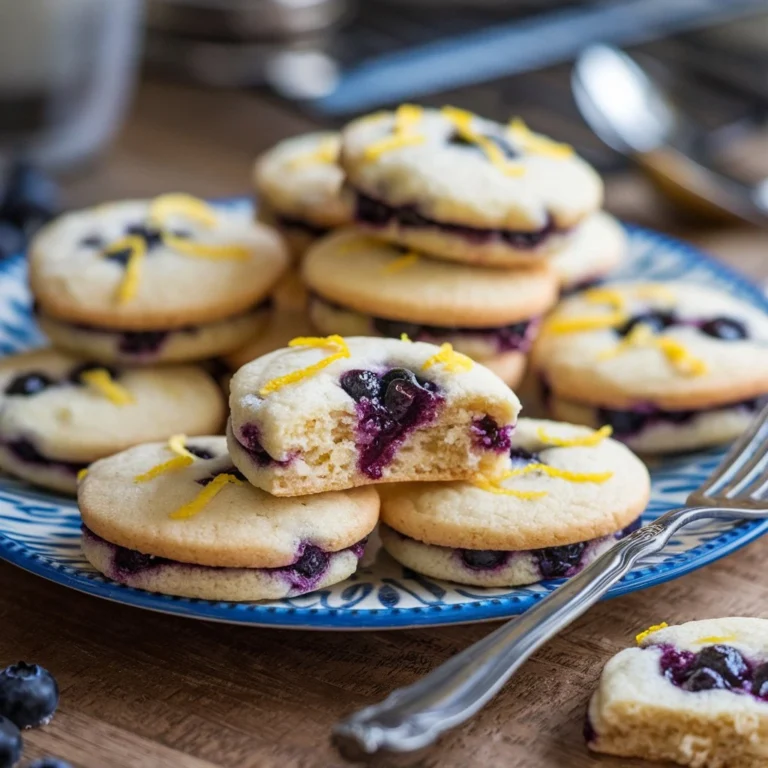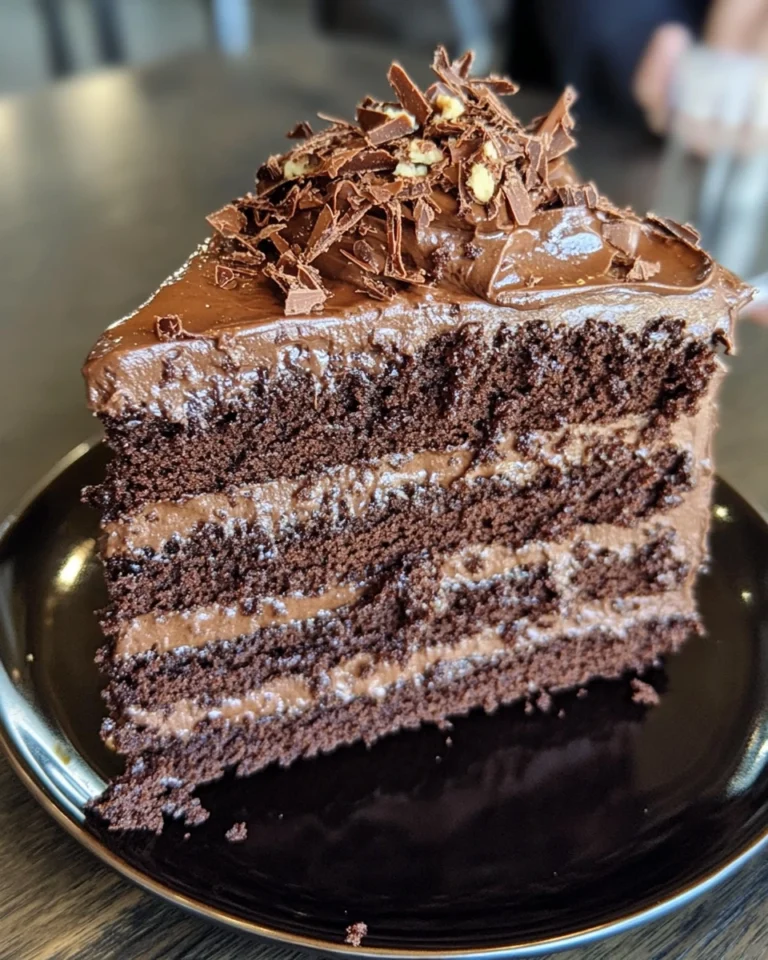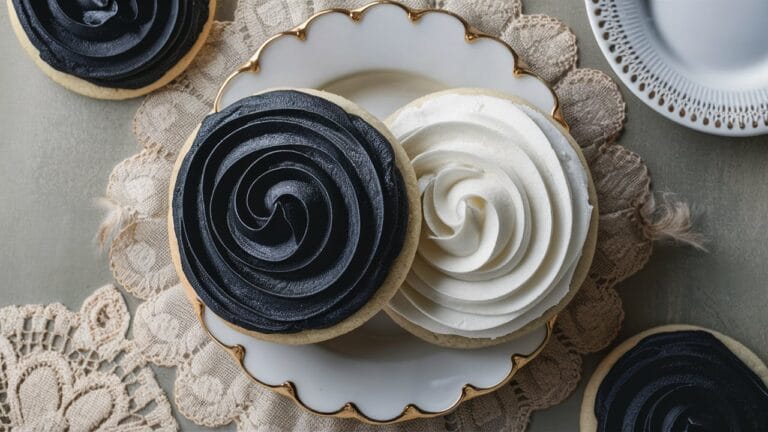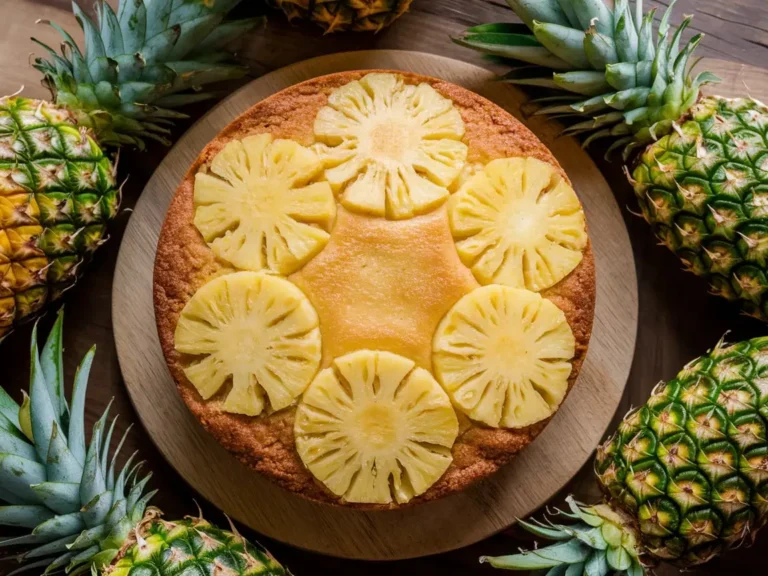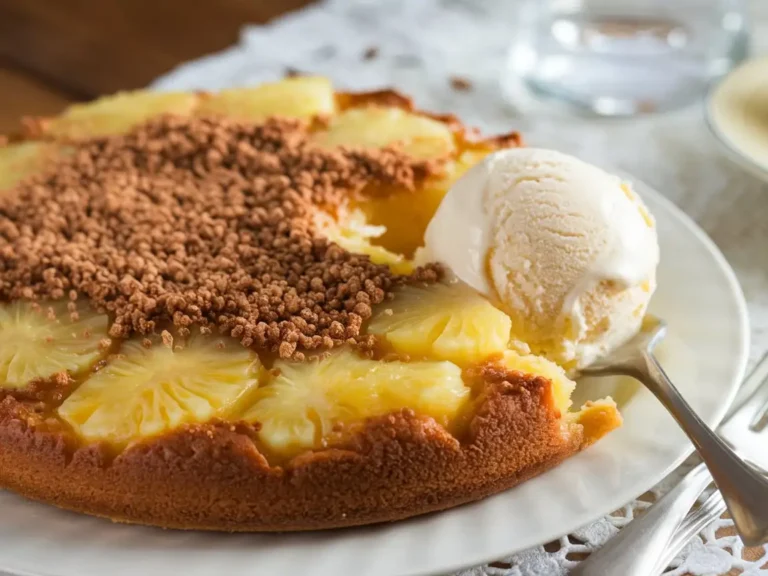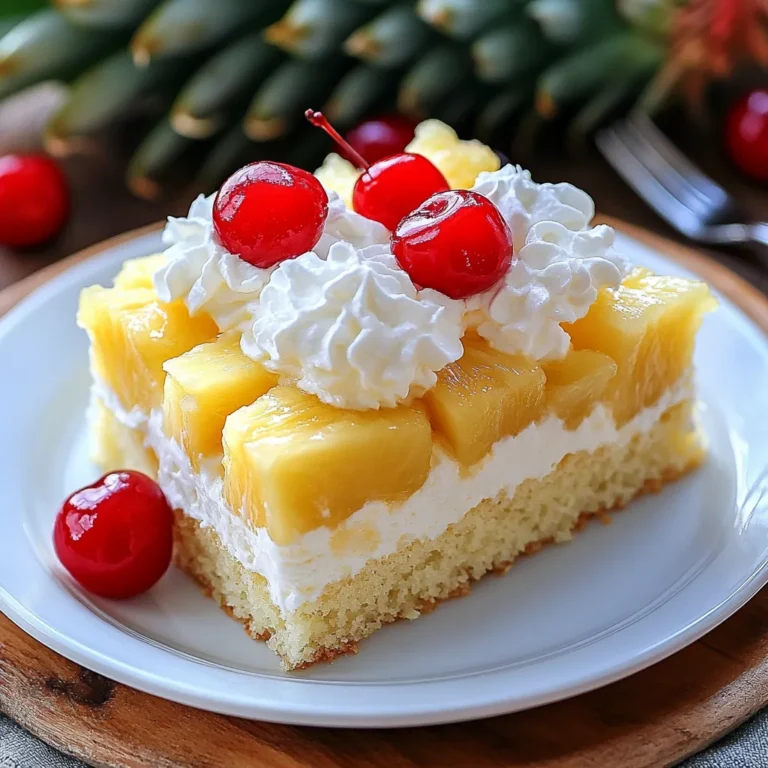Difference Between Homemade Pancakes and Pancake Mix
The Ultimate Guide: What’s the Difference Between Homemade Pancakes and Pancake Mix?
Pancakes are one of the most beloved breakfast dishes across the globe, and they come in many forms depending on the recipe and the method of preparation. While some people prefer the convenience of pancake mix, others argue that nothing beats the flavor, texture, and experience of homemade pancakes. But what exactly sets these two types of pancakes apart? The debate between homemade versus store-bought mixes isn’t new, but understanding the difference can help you decide which option best suits your needs and tastes.
In this comprehensive guide, we’ll dive into the key differences between homemade pancakes and pancake mix. We’ll explore their ingredients, taste, texture, health benefits, convenience, and even customization options. By the end of this article, you’ll have a clearer picture of when to opt for each and how to make the most of both methods.
What Are Homemade Pancakes?
Homemade pancakes are typically made from scratch using a simple set of ingredients. These include:
- Flour (all-purpose, whole wheat, or alternative flours like almond flour)
- Sugar
- Eggs
- Milk or buttermilk
- Baking powder
- Salt
By making pancakes at home, you have complete control over the recipe. You can adjust the amount of sugar, experiment with various types of flour, or substitute dairy products for alternatives like almond milk or oat milk. The real beauty of homemade pancakes is the ability to tailor them to your personal preferences, dietary needs, or health goals. You can add fresh fruits like blueberries, adjust the thickness by altering the liquid ratio, or even make gluten-free versions by using specialized flours.
If you’re looking for a dairy-free option, you can try this pancake recipe without milk, which delivers fluffy pancakes without the use of traditional dairy products.
The Role of Fresh Ingredients in Homemade Pancakes
Fresh ingredients are the cornerstone of homemade pancakes. Using real eggs, milk, and high-quality flour ensures that your pancakes have a more natural taste and texture. This makes them far more versatile than store-bought mixes. For example, using buttermilk can add a tangy depth to the flavor, while whole wheat flour will make the pancakes more wholesome and filling.
Homemade pancakes also allow you to add nutrient-rich ingredients. You can incorporate mashed bananas for natural sweetness, oats for extra fiber, or even flaxseeds for an omega-3 boost. Essentially, when making pancakes from scratch, you have complete freedom to make healthier choices and experiment with a variety of ingredients.
What Is Pancake Mix?
Pancake mix is a pre-packaged blend of dry ingredients, typically containing:
- Flour
- Sugar
- Baking powder
- Salt
- Sometimes powdered milk or eggs
Pancake mix is designed for convenience. It allows you to quickly make pancakes by just adding liquid (usually water, milk, or eggs). Popular brands like Bisquick and Aunt Jemima offer various types of pancake mixes, including buttermilk and gluten-free versions, catering to different dietary preferences. These mixes provide consistent results in terms of taste and texture, making them a reliable choice for busy mornings when you don’t have time to measure out individual ingredients.
If you’re interested in trying a more creative take on pancake mix, check out this pancake muffin recipe, which transforms the convenience of pancake mix into customizable breakfast treats.
What’s Inside Pancake Mix?
One of the main differences between pancake mix and homemade pancakes is the use of preservatives and stabilizers in the mix. These additives help extend the shelf life of the product and make it easier to prepare. However, these ingredients can affect the flavor and nutritional profile of the pancakes, often resulting in a product that’s higher in sodium and sugar than homemade options.
While pancake mix is quick and easy, the trade-off is often less control over the final product. The mix will generally provide consistent pancakes with minimal effort, but you lose out on the ability to customize the flavor or improve the nutritional content as much as you can with a homemade recipe.
Ingredient Comparison: Homemade vs. Pancake Mix
The main differences between homemade pancakes and pancake mix lie in their ingredients. Let’s break it down:
Homemade Pancakes Ingredients:
- Fresh ingredients
- No preservatives or artificial additives
- Full control over sugar, fat, and flour types
- More room for customization
- Ability to choose healthier options (whole grain, gluten-free, dairy-free, etc.)
Pancake Mix Ingredients:
- Pre-packaged, standardized dry ingredients
- Often includes preservatives or stabilizers to extend shelf life
- Limited control over the type and amount of ingredients
- Typically higher in sodium and sugar compared to homemade
- Designed for consistency and convenience
For those looking to make their pancake mix more nutritious, it’s easy to customize the mix by adding ingredients like chia seeds or oats. Alternatively, try using the mix in more creative ways, such as this cookie recipe using pancake mix that turns the convenience of pancake mix into a quick and delicious dessert.
Time and Convenience: How They Compare
One of the biggest advantages of using pancake mix is the convenience factor. With pancake mix, you don’t have to measure out several ingredients. You simply add water or milk, mix, and cook. This can be a lifesaver on busy mornings when you’re in a rush. Most pancake mixes are designed to give you consistent results with minimal effort.
Homemade Pancakes:
- Takes longer to prepare because you need to measure and mix ingredients
- Requires more cleanup (extra dishes, measuring cups, etc.)
- Ideal for leisurely mornings when you have time to enjoy the process
Pancake Mix:
- Super fast preparation, often ready in minutes
- Fewer dishes to clean up
- Perfect for quick breakfasts or when serving a large group
If you’re short on time but want something fun, try this cinnamon roll pancake recipe that fuses the flavors of cinnamon rolls and pancakes, giving you a delicious treat in no time.
Taste and Texture: How Homemade and Mix Pancakes Differ
The taste and texture of pancakes can vary significantly depending on whether they are made from scratch or using a mix.
Homemade Pancakes:
Homemade pancakes often have a richer, more complex flavor due to the use of fresh ingredients. The texture can be more varied as well—depending on how you mix the batter, they can be light and fluffy or more dense and hearty. You also have the option to adjust the thickness by altering the ratio of wet to dry ingredients, and you can add extras like chocolate chips, blueberries, or even mashed bananas for added flavor and texture.
Homemade pancakes also allow for different cooking methods, such as pan-frying or baking, which can further impact the texture and taste. When done right, homemade pancakes can achieve a crispy outer layer with a fluffy, tender interior.
Pancake Mix:
Pancakes made from a mix are designed to provide consistency. This means that while they may not have the depth of flavor that homemade pancakes offer, they will always turn out the same—light, fluffy, and uniform in appearance. Because the ingredients are pre-mixed, the pancakes often lack the complexity of fresh flavors, but they are perfectly reliable for a quick, satisfying breakfast.
The consistency of pancake mix can be both a strength and a limitation. It’s great if you need something reliable, but it might not satisfy you if you’re looking for that homemade, made-with-love touch.
Health and Nutrition
When it comes to health, homemade pancakes are generally the better option, especially if you’re conscious about what goes into your food. With homemade pancakes, you can control the amount of sugar, salt, and fat, and you have the option to use healthier alternatives, like whole grain flour or almond flour. You can even substitute eggs with flaxseeds or chia seeds to make the recipe vegan.
On the other hand, pancake mix often contains added preservatives, stabilizers, and higher levels of sodium and sugar. While some brands offer healthier, organic, or gluten-free options, most standard mixes are designed for convenience rather than nutrition. They often lack the natural, wholesome ingredients that come with homemade recipes.
Homemade Pancakes:
- Control over portion sizes and ingredients
- Potential for healthier options, such as whole grain flours, natural sweeteners, and healthier fats
- No preservatives or artificial additives
- Easier to cater to specific dietary needs (gluten-free, vegan, low sugar, etc.)
Pancake Mix:
- Often contains more preservatives and artificial ingredients
- Standardized portion sizes with less flexibility
- Typically higher in sodium and added sugar
For those seeking nutritious options for young children, consider this baby pancake recipe, which provides easy and nutritious pancake ideas tailored specifically for little ones.
Customization Options: Homemade vs. Pancake Mix
Customization is one of the biggest advantages of homemade pancakes. Because you are in control of the ingredients, you can easily modify the recipe to suit your taste preferences or dietary restrictions. Whether you want to add blueberries, chocolate chips, or cinnamon, homemade pancakes are endlessly versatile. You can also experiment with different cooking techniques—such as making Dutch pancakes or baking the batter for a lighter, airier texture.
With pancake mix, your customization options are more limited. While you can add toppings or stir-ins like nuts or fruit, the base ingredients are set, meaning you have less flexibility to modify the core recipe. That said, pancake mix can still serve as a versatile base for other dishes, like this cookie recipe using pancake mix, which repurposes the mix into a quick and tasty dessert.
Homemade Pancakes Customization Options:
- Add fresh or frozen fruit like blueberries or bananas
- Incorporate spices like cinnamon, nutmeg, or vanilla extract
- Substitute ingredients to make the recipe gluten-free, dairy-free, or vegan
- Use different types of flour (e.g., whole wheat, almond, coconut)
- Top with anything from whipped cream to maple syrup, nuts, or honey
Pancake Mix Customization Options:
- Add-ins like chocolate chips, fruits, or nuts
- Can serve as a base for other recipes like muffins, waffles, or cookies
- Limited customization in terms of altering the base recipe
Cost Analysis: Which Is More Affordable?
Cost is another important factor to consider when deciding between homemade pancakes and pancake mix. While pancake mix might seem cheaper initially due to its convenience and bulk packaging, making pancakes from scratch can actually be more cost-effective in the long run, especially if you’re cooking for a large family or enjoy pancakes regularly.
Homemade Pancakes:
- Ingredients like flour, sugar, and baking powder can be bought in bulk, reducing the cost per serving
- More affordable in the long term if you regularly make pancakes
- Better value for families or those who prefer larger servings
Pancake Mix:
- Slightly more expensive per serving due to packaging and preservatives
- Ideal for individuals or those who make pancakes occasionally
- Convenient but not always the most economical option for frequent use
FAQs Section
Can pancake mix be used for other recipes?
Yes, pancake mix can be used as a base for other recipes like waffles, muffins, and even cakes. For a creative use, try making cookies with it using this pancake mix cookie recipe.
Is homemade pancake batter healthier than pancake mix?
Generally, homemade pancake batter is healthier because you can control the ingredients, avoid preservatives, and reduce added sugars and salt.
What are common substitutes for eggs in pancake mix?
For a vegan or egg-free version, you can use flaxseeds, chia seeds, applesauce, or mashed bananas as substitutes for eggs in pancake mix.
How long does pancake mix last?
Store-bought pancake mix can last anywhere from 6 to 12 months, depending on the brand and how it is stored. Be sure to check the expiration date and store it in a cool, dry place to maximize its shelf life.
Conclusion
Both homemade pancakes and pancake mix have their advantages. If you value convenience and consistency, pancake mix is the better option for quick, reliable results. However, if you prefer full control over the ingredients, want to experiment with flavors, or are aiming for a healthier breakfast, then homemade pancakes are the way to go.
Ultimately, the choice between homemade and mix pancakes depends on your priorities—whether it’s speed and convenience or flavor and customization. Whatever you choose, pancakes will always be a delicious and versatile breakfast option, ready to be adapted to your taste and dietary preferences.

